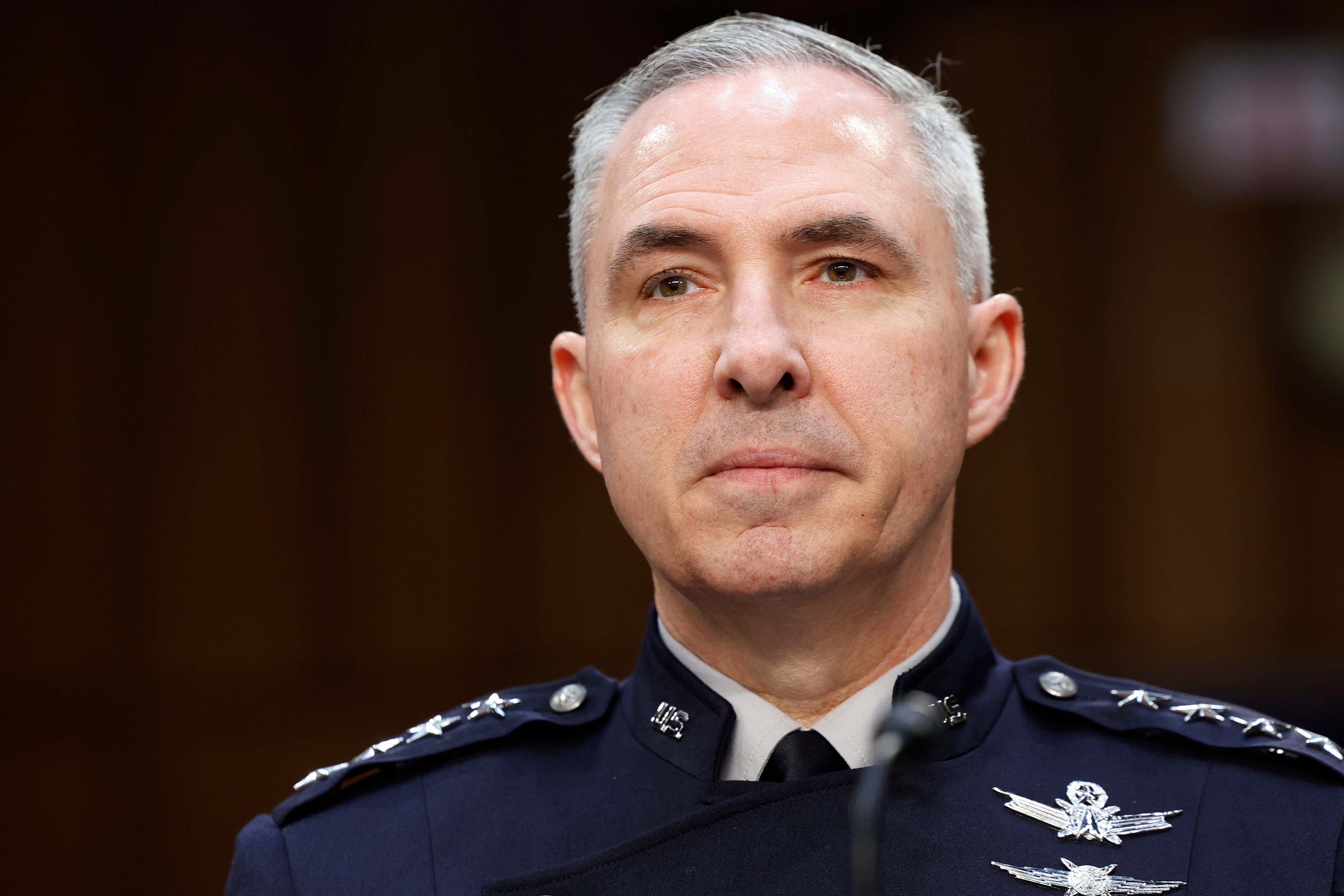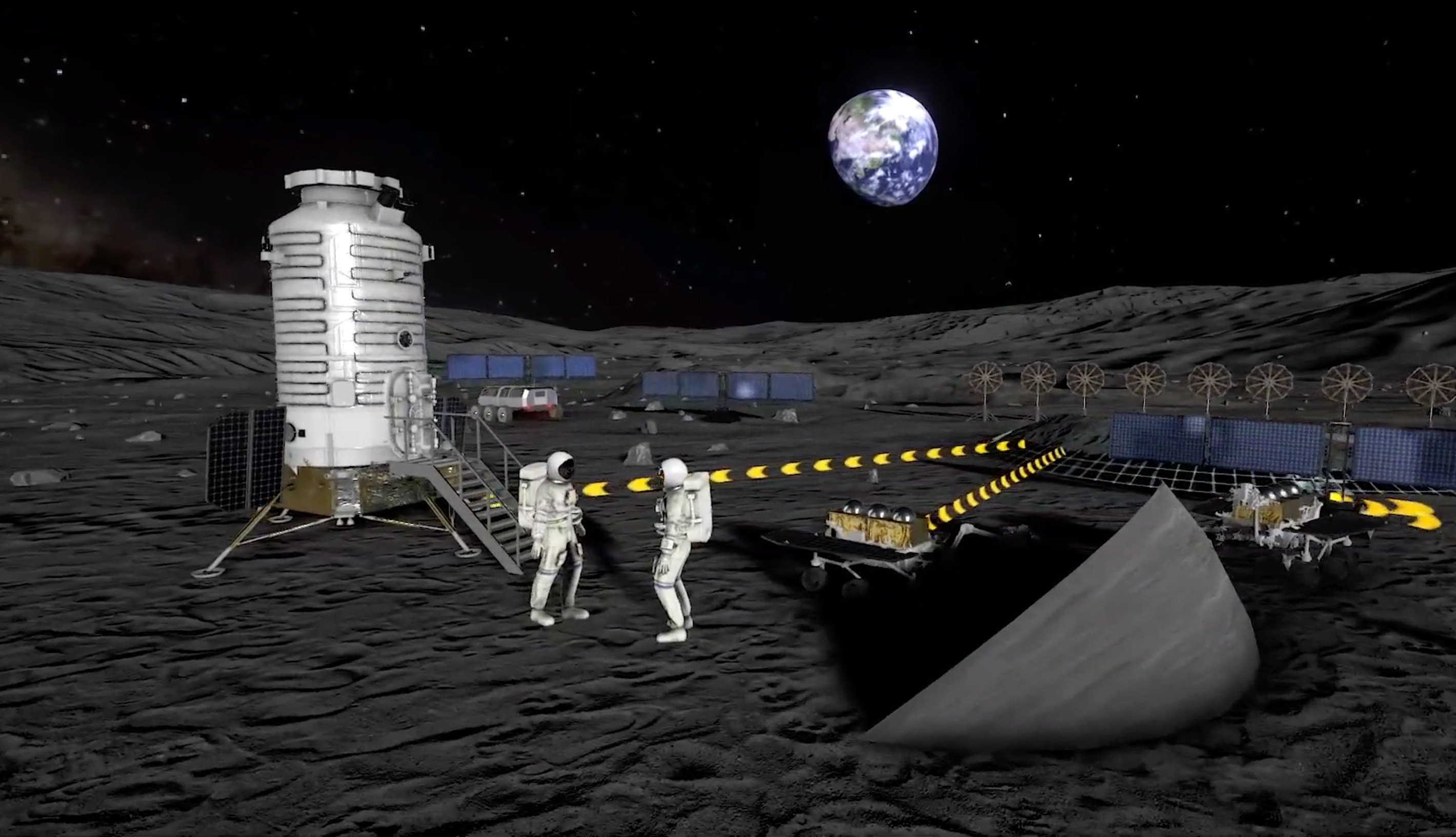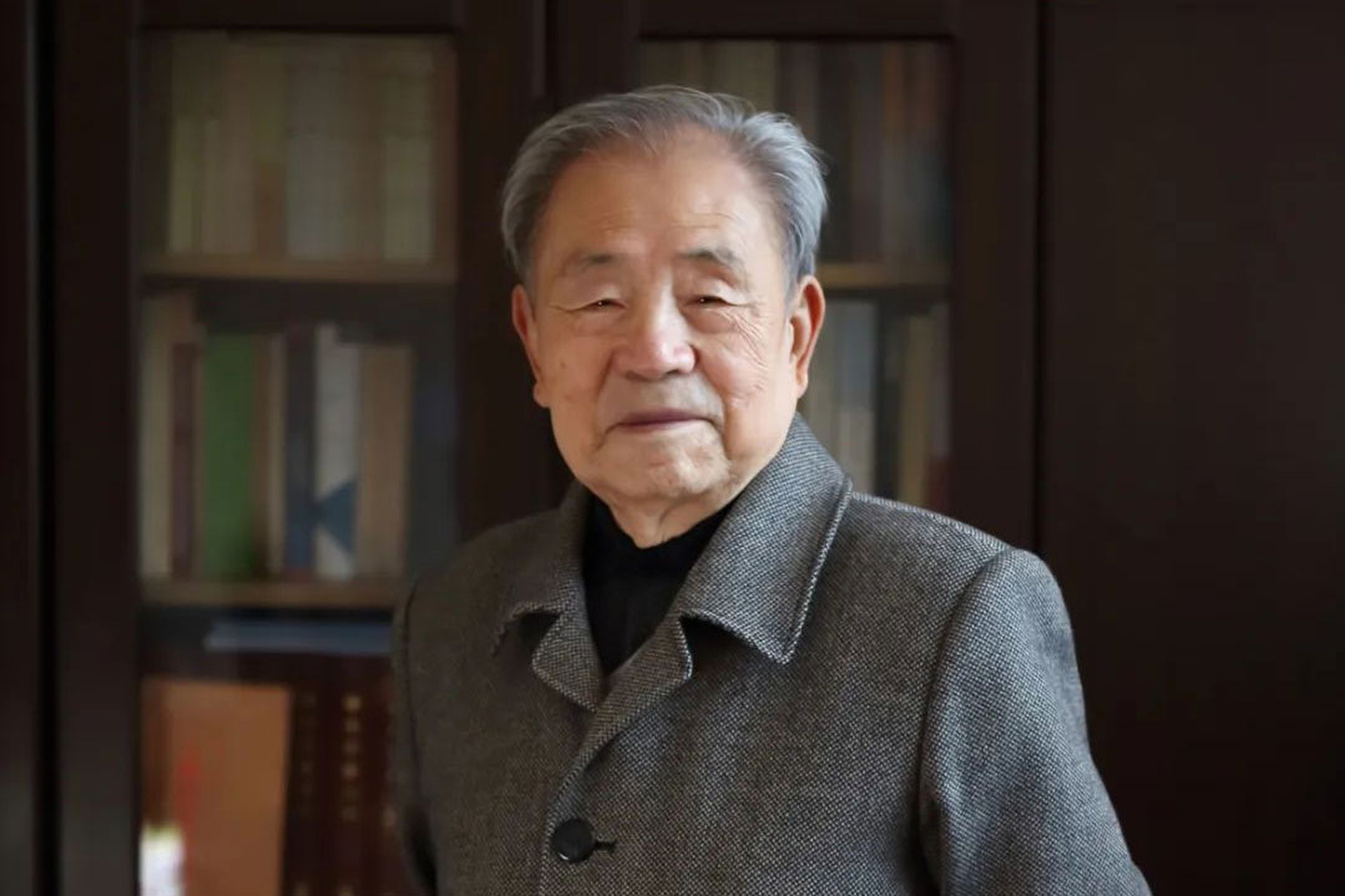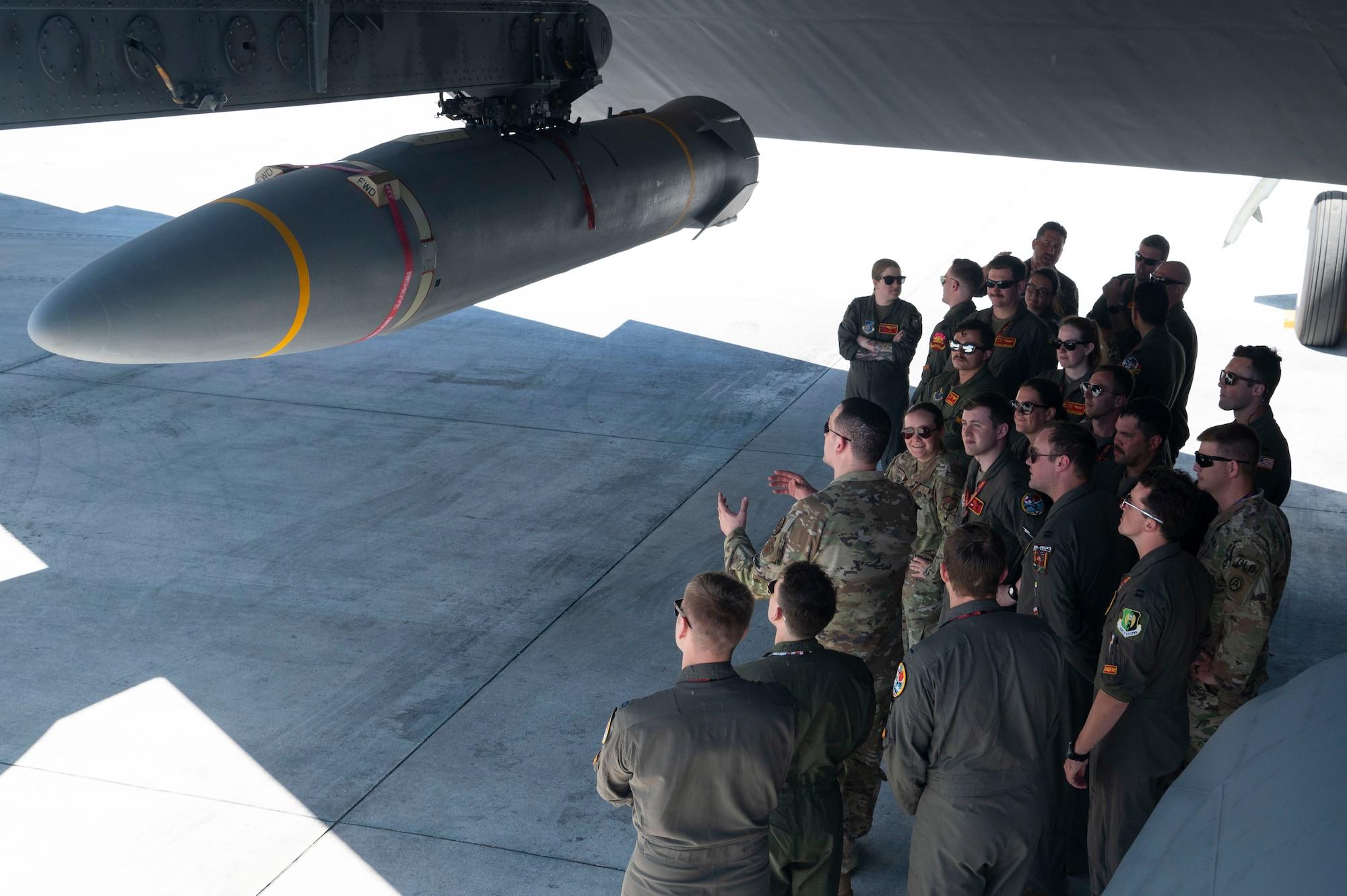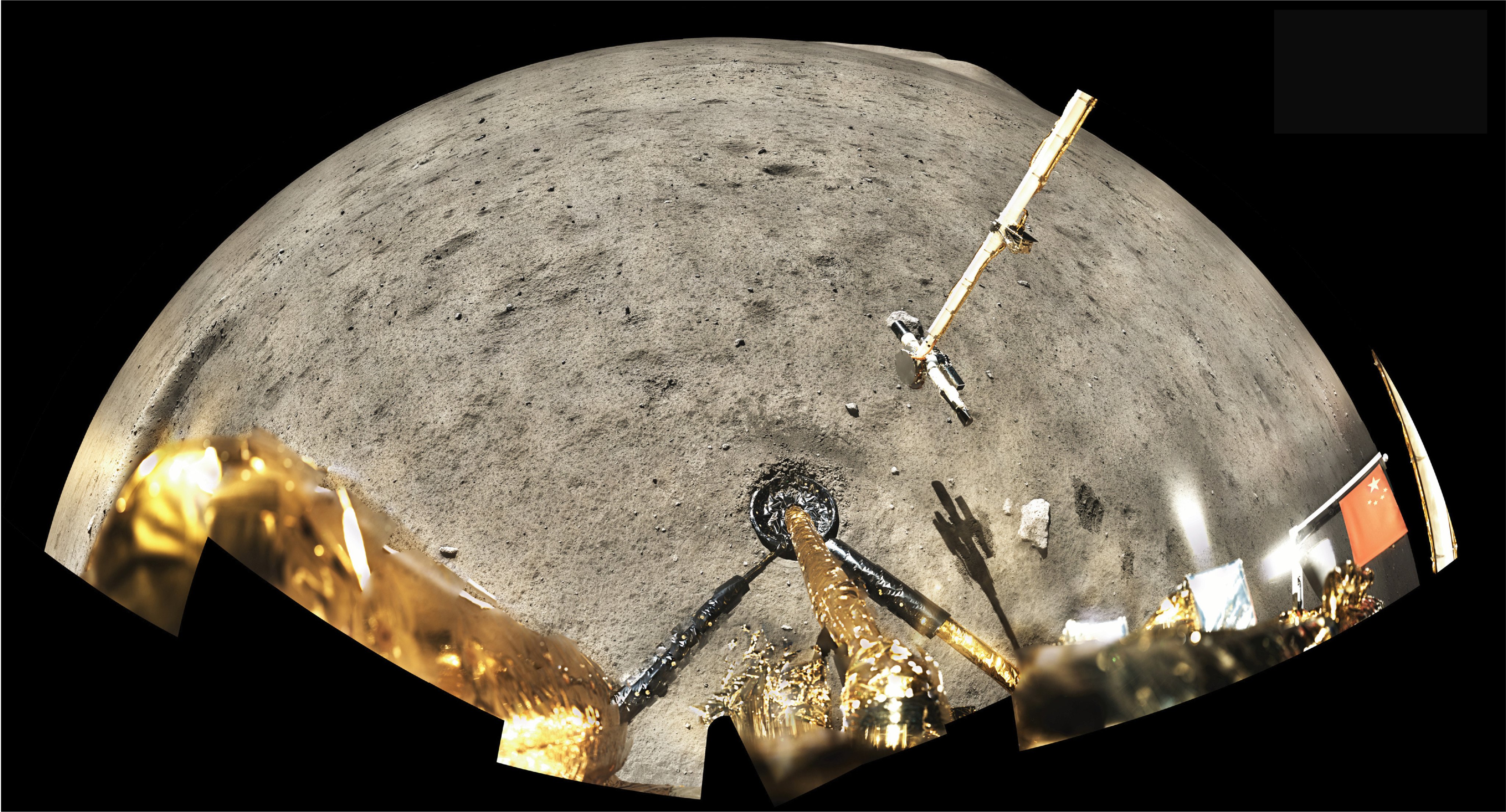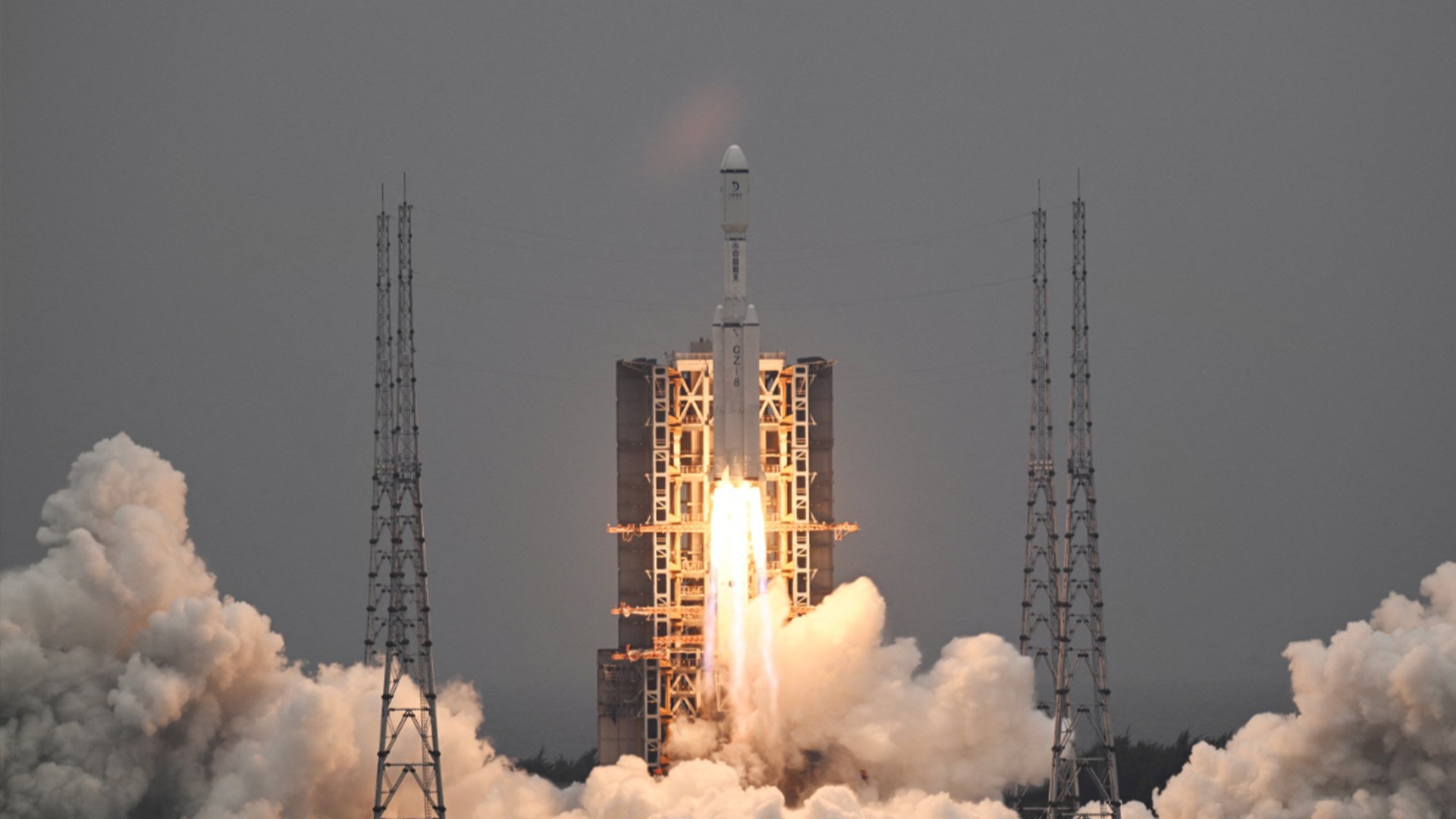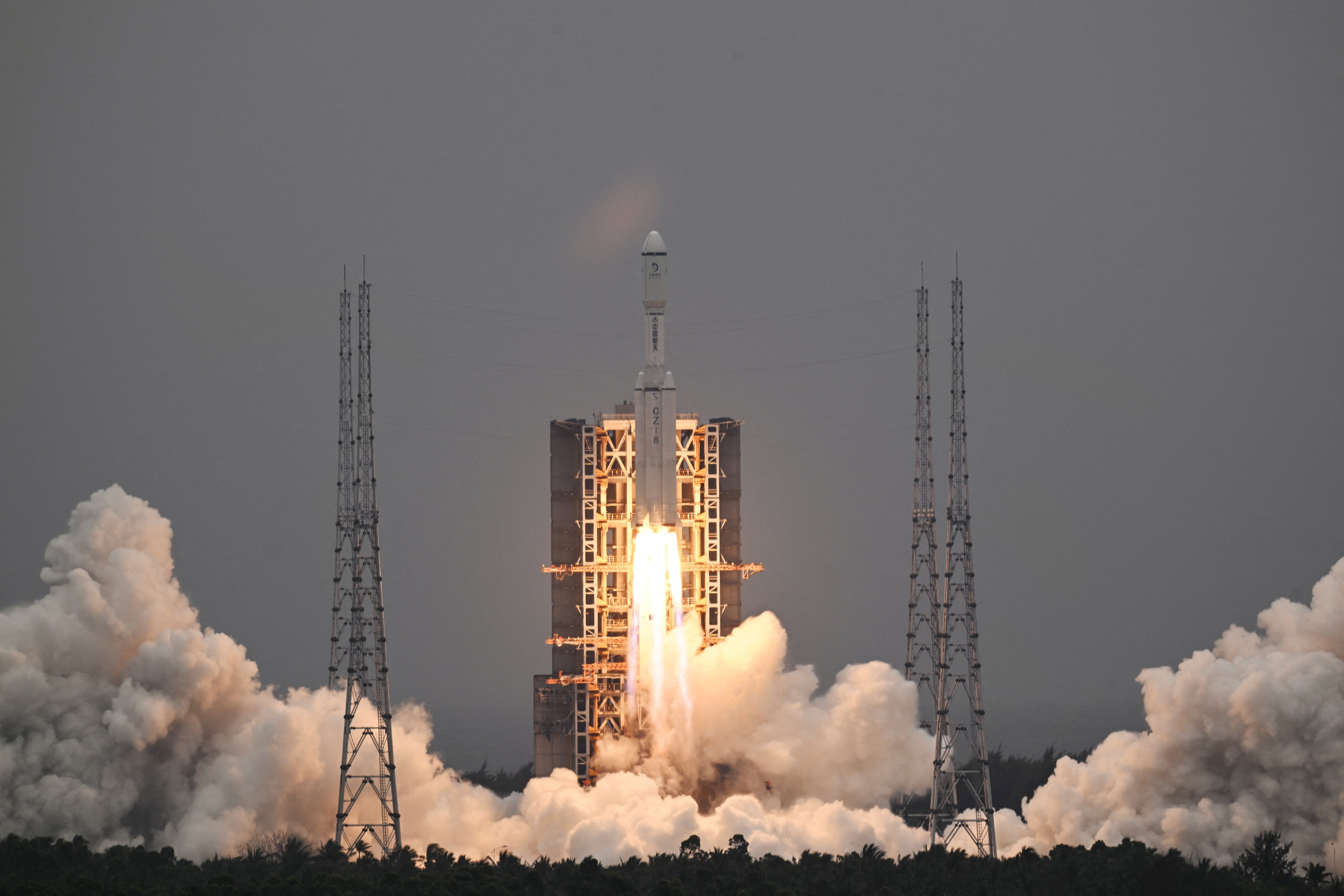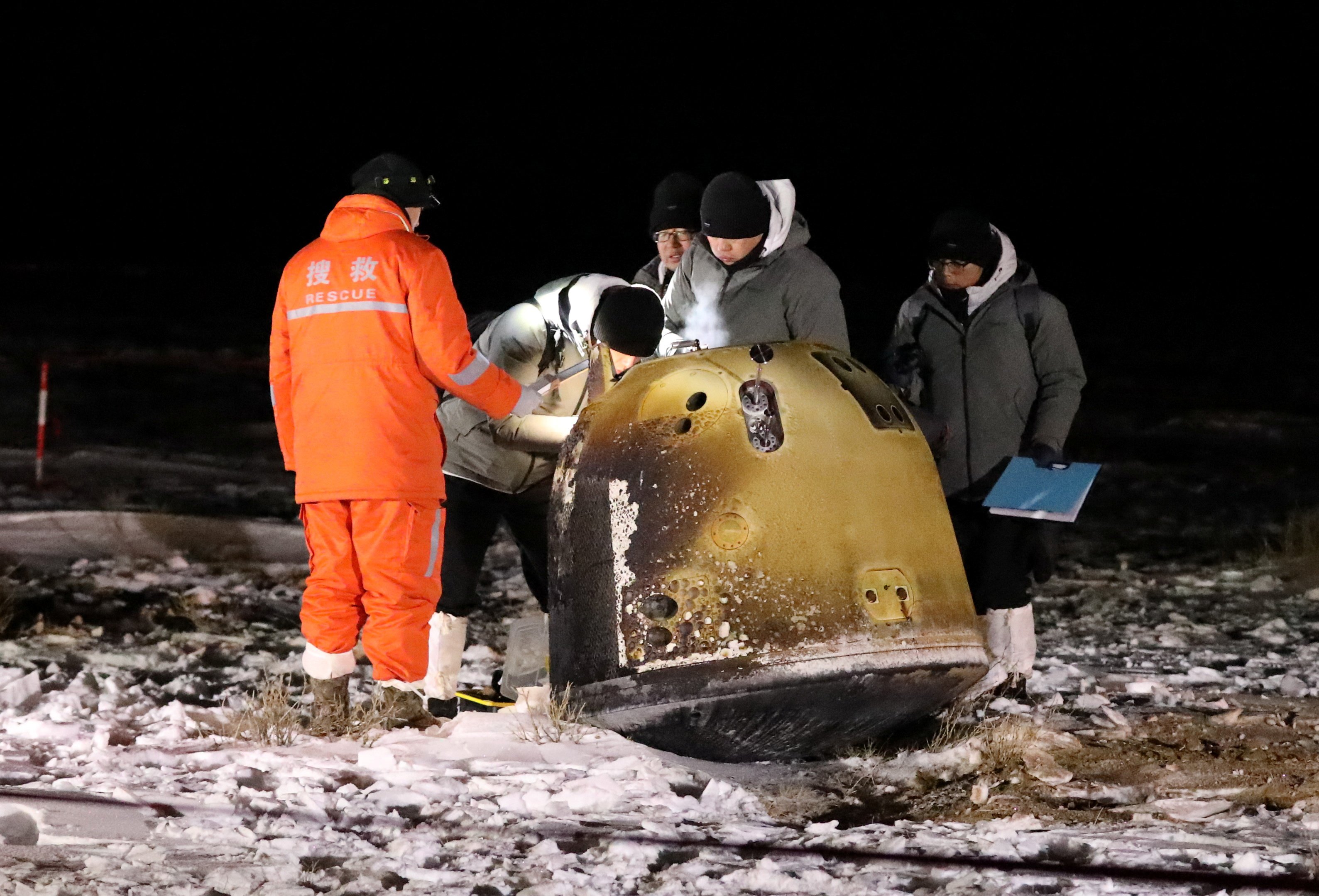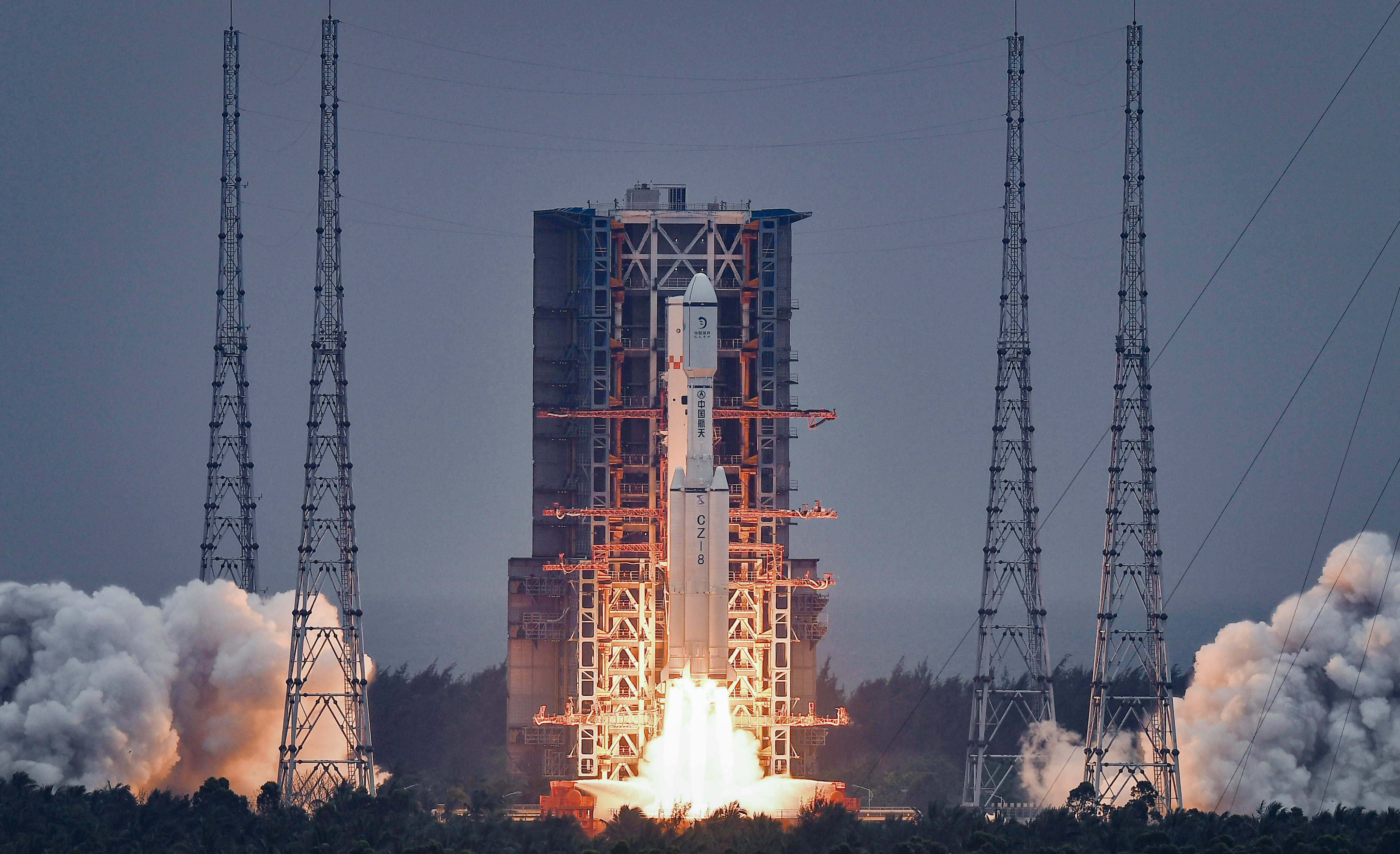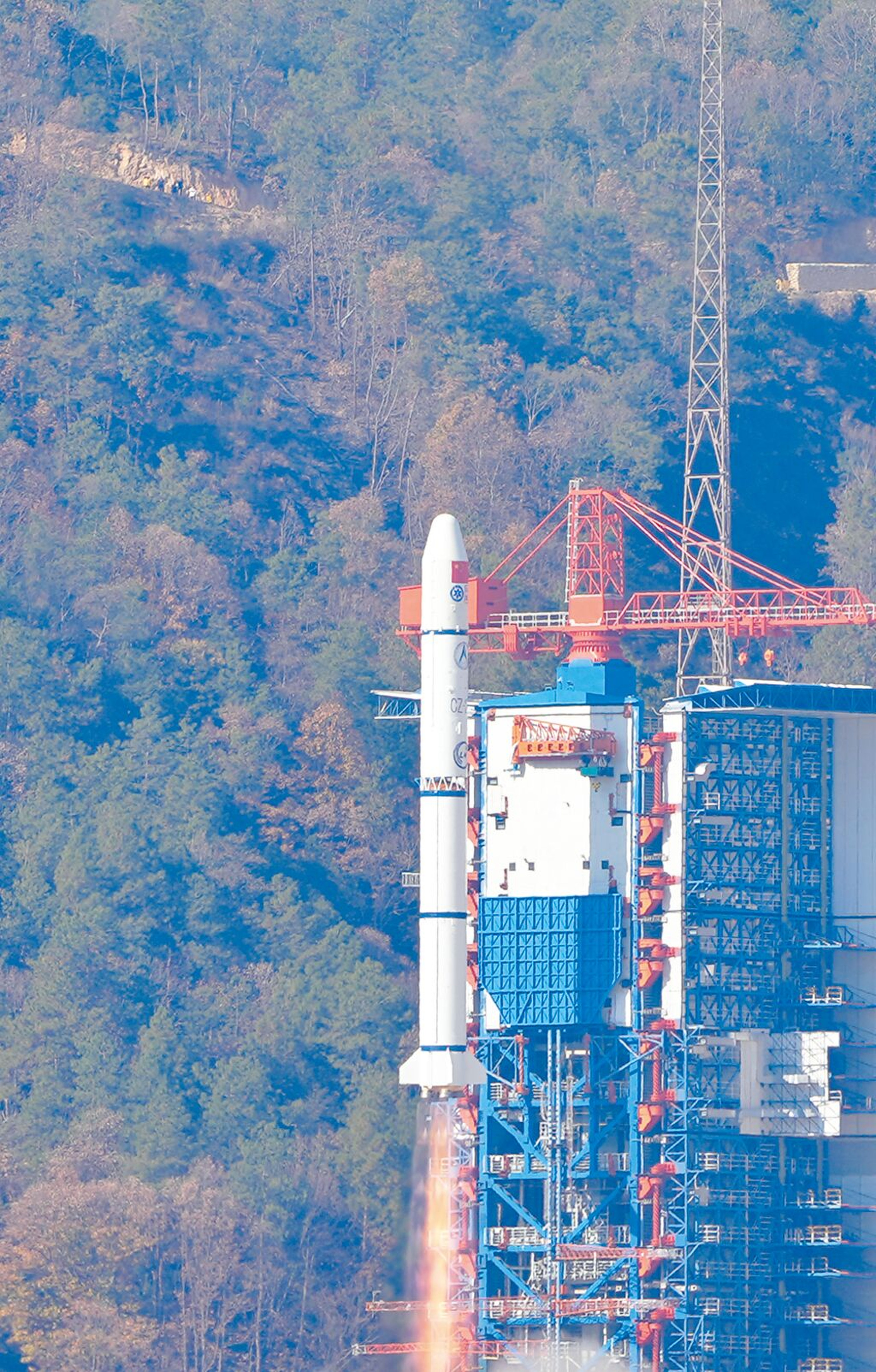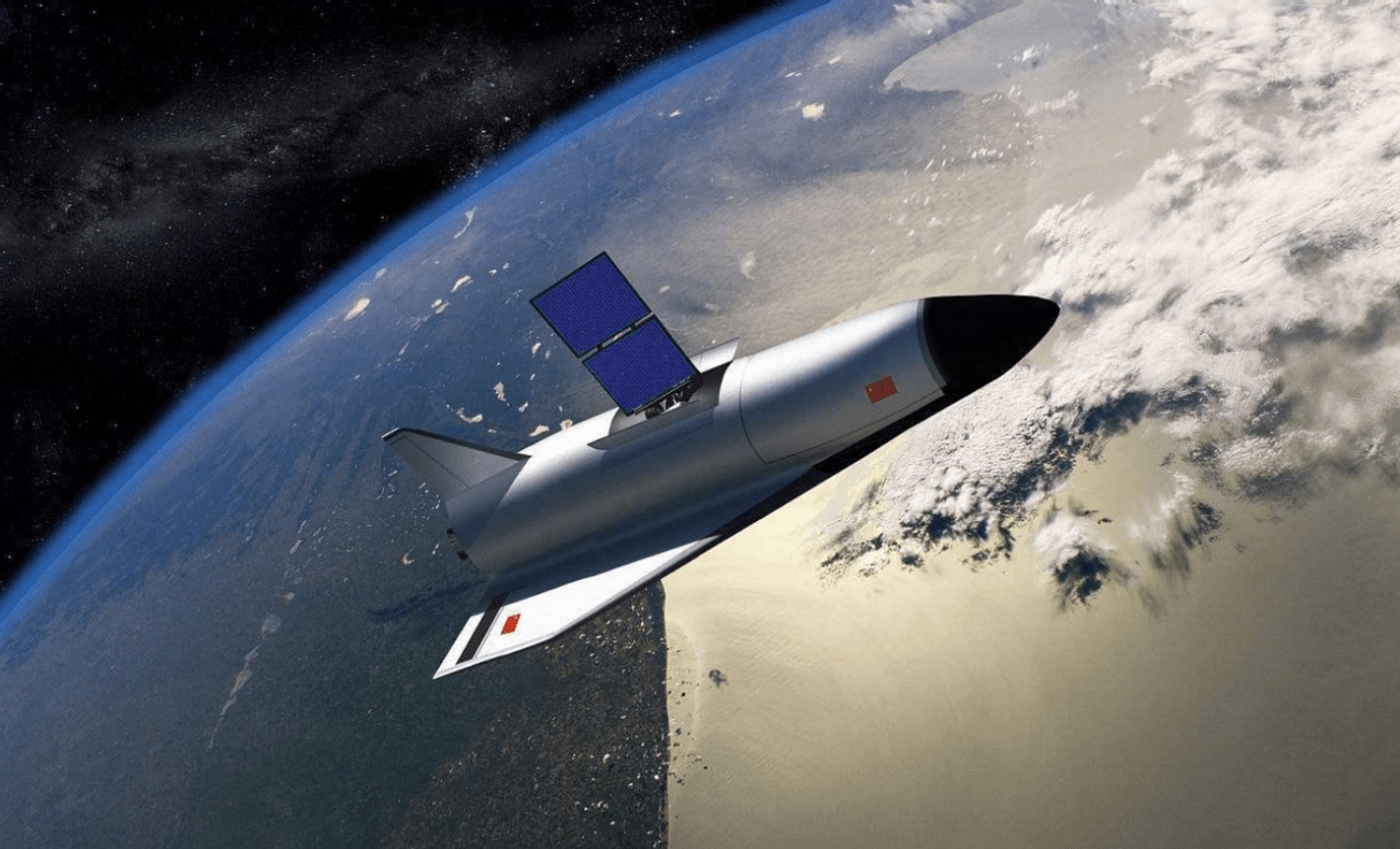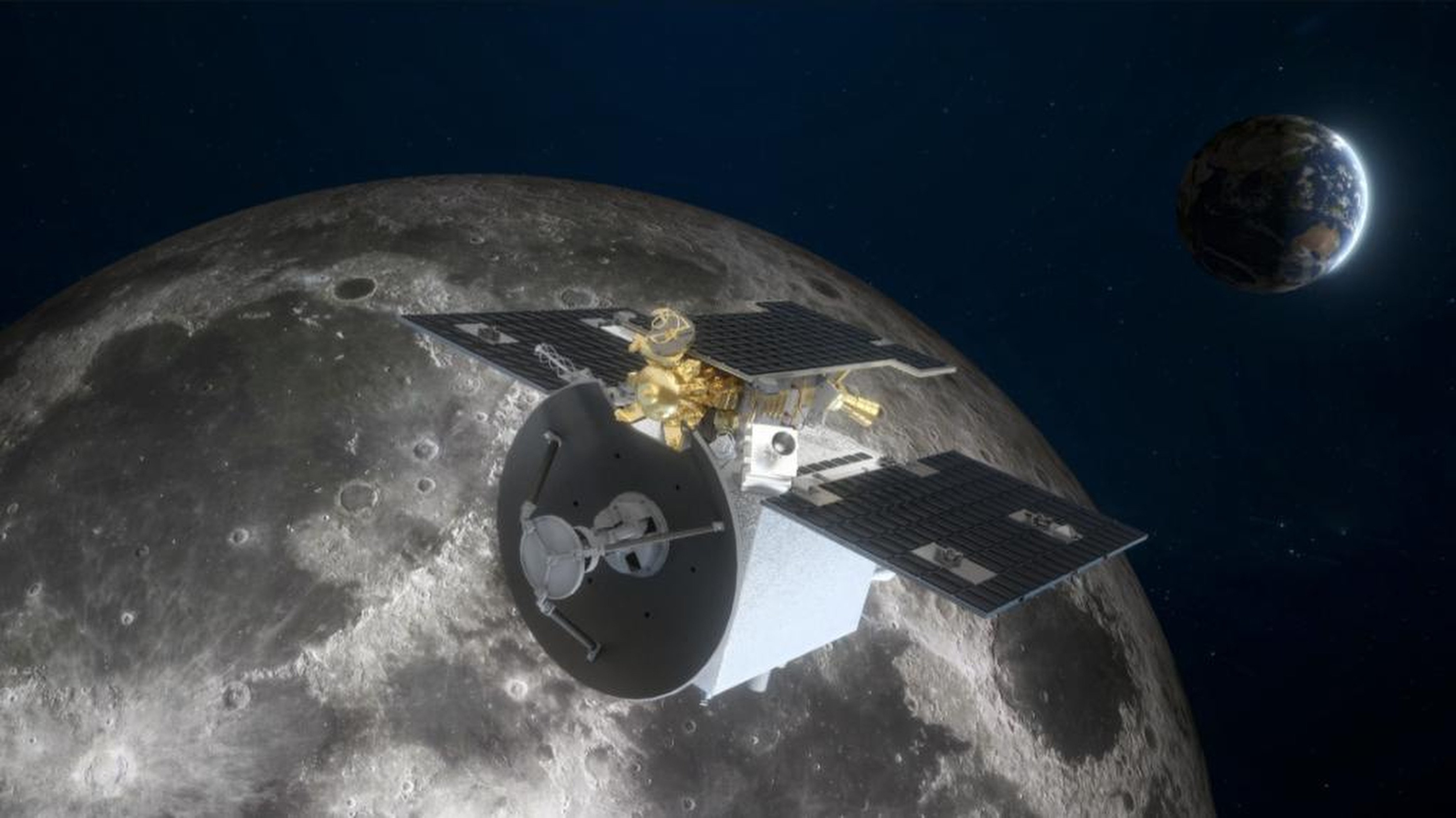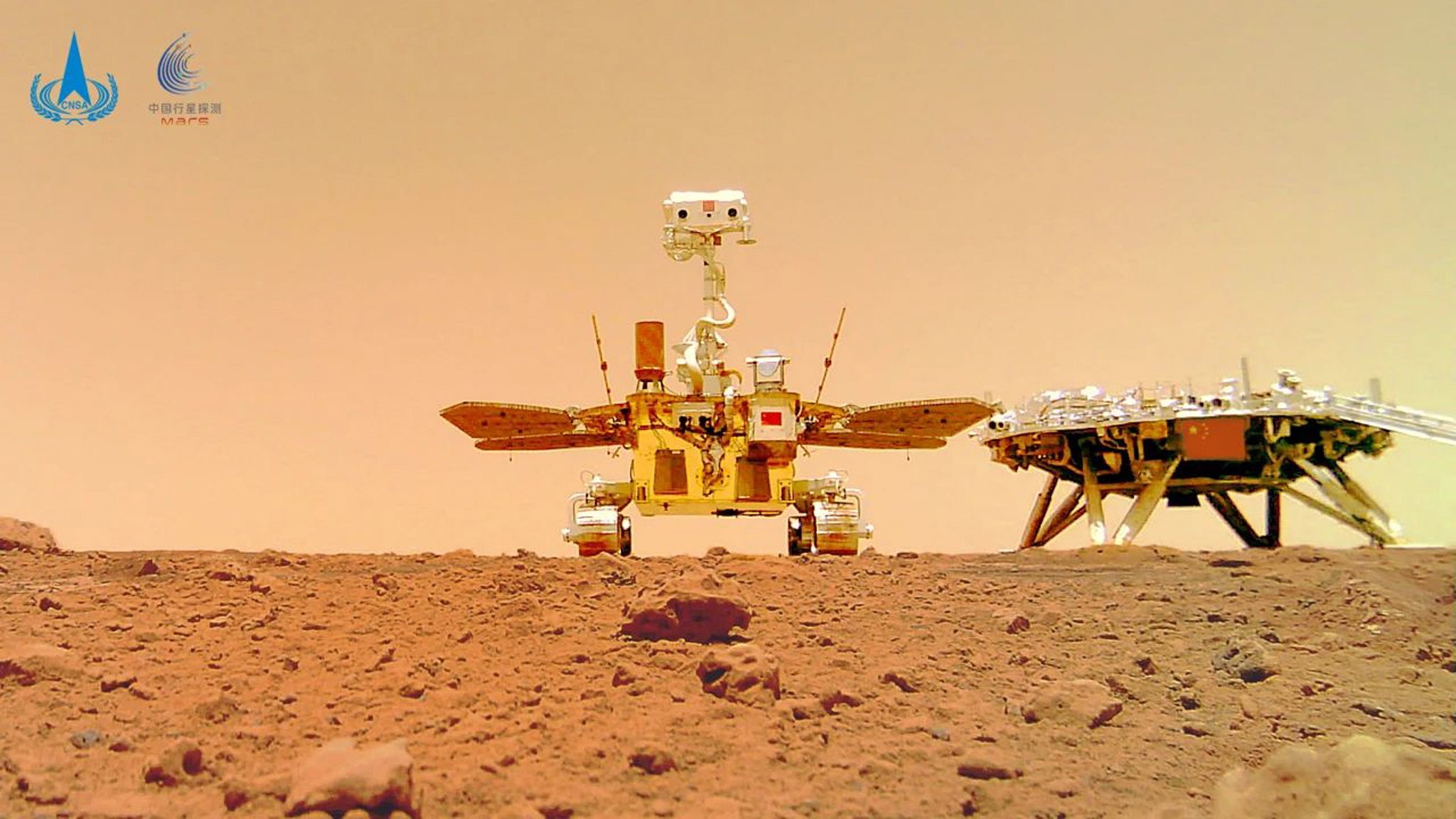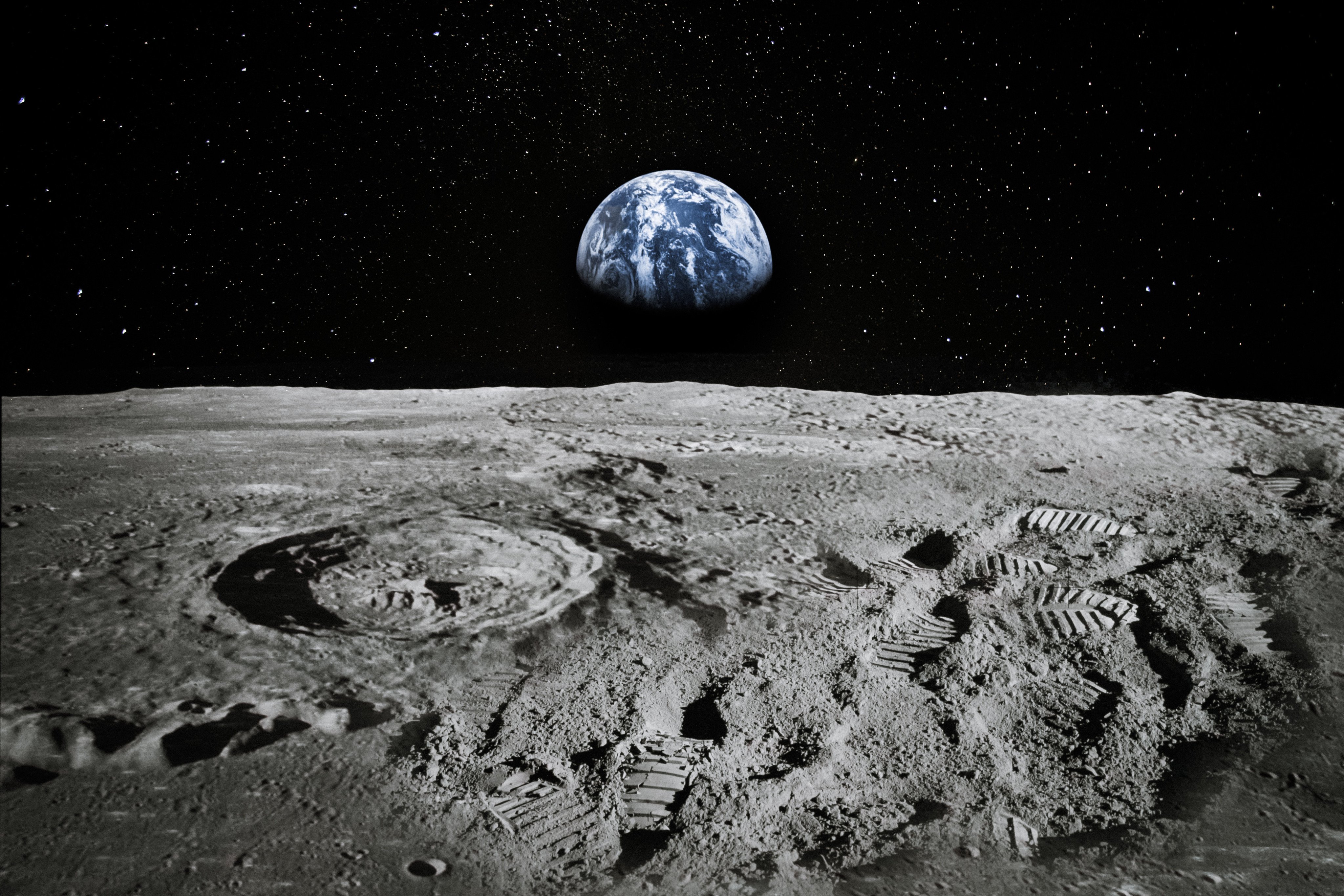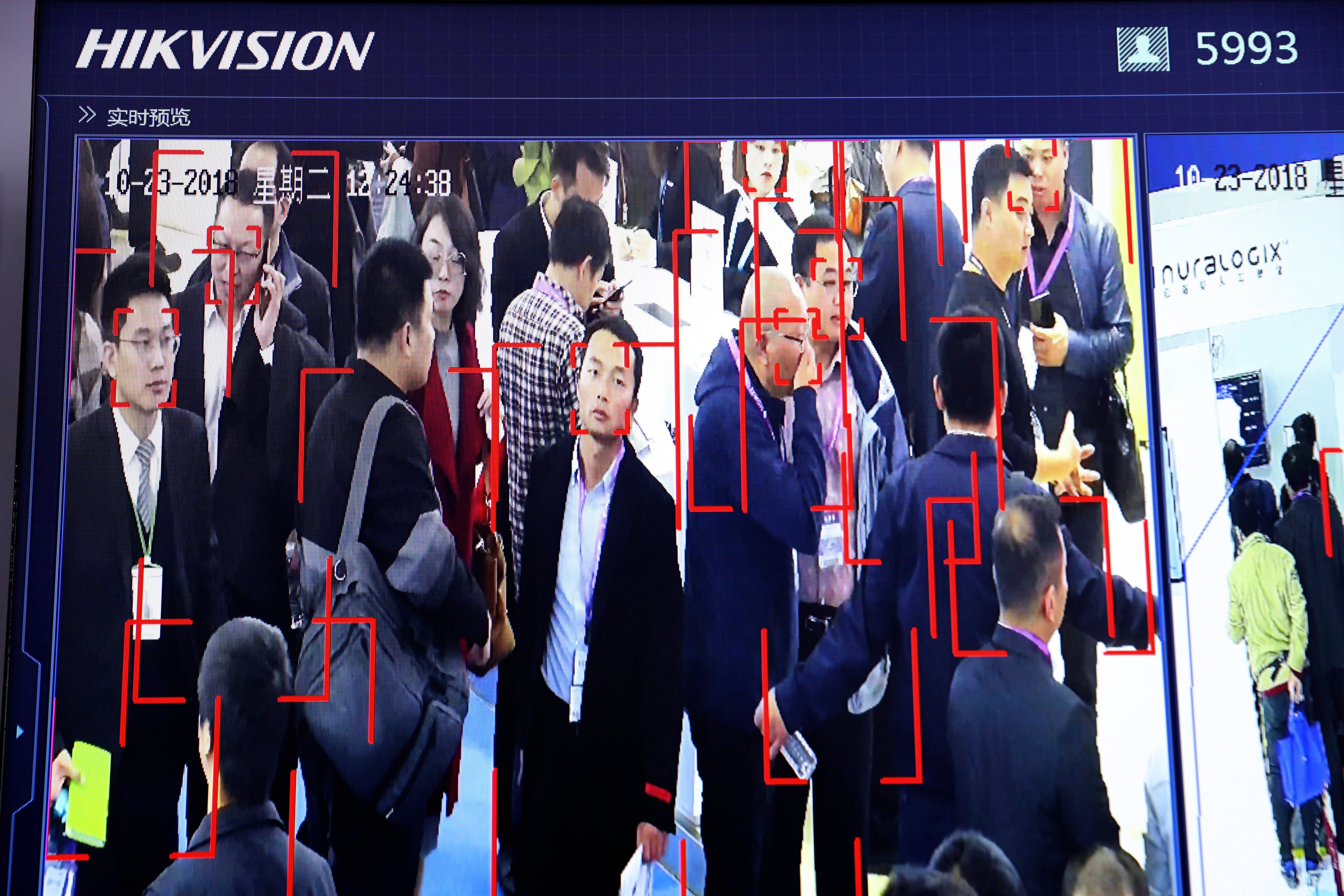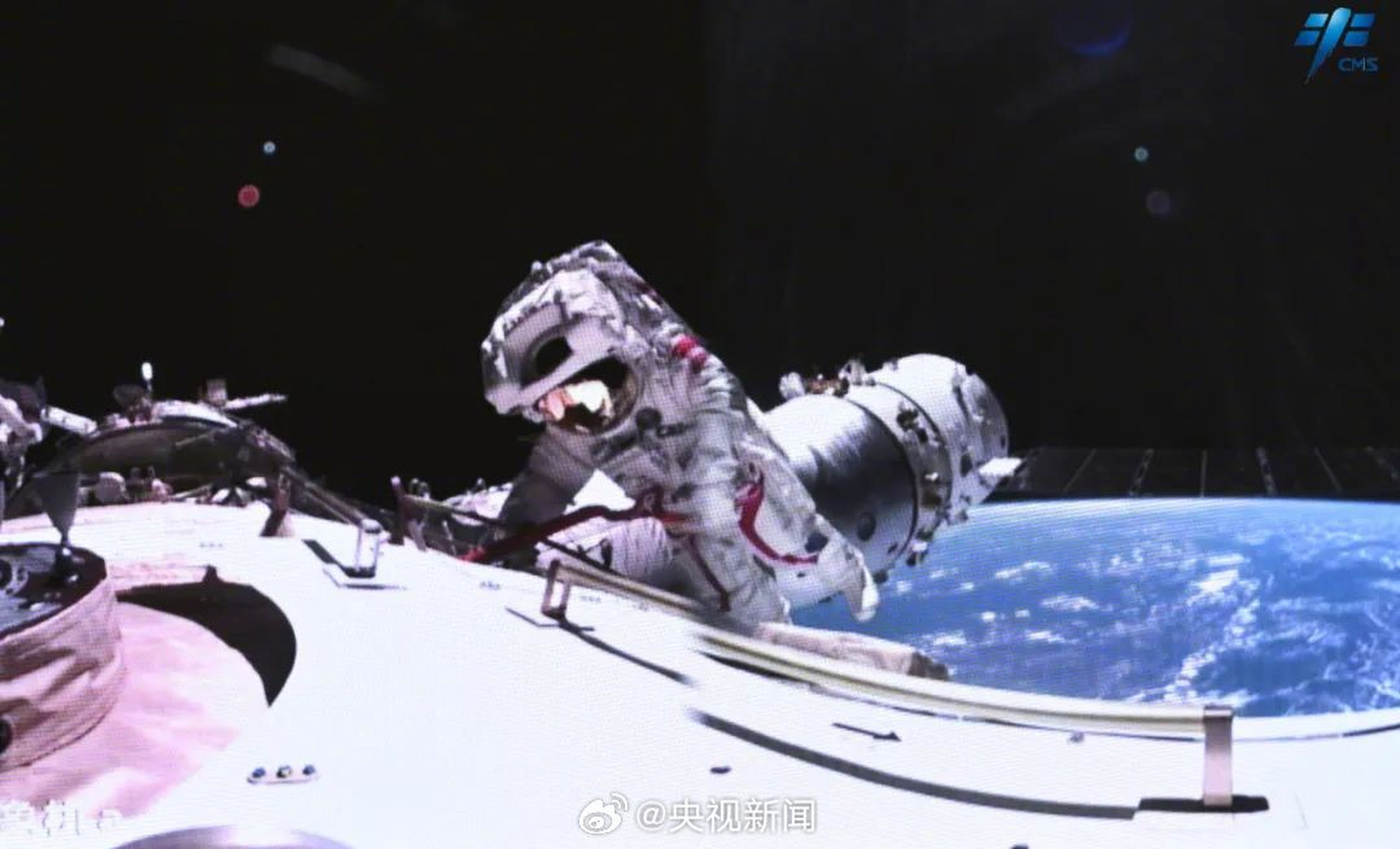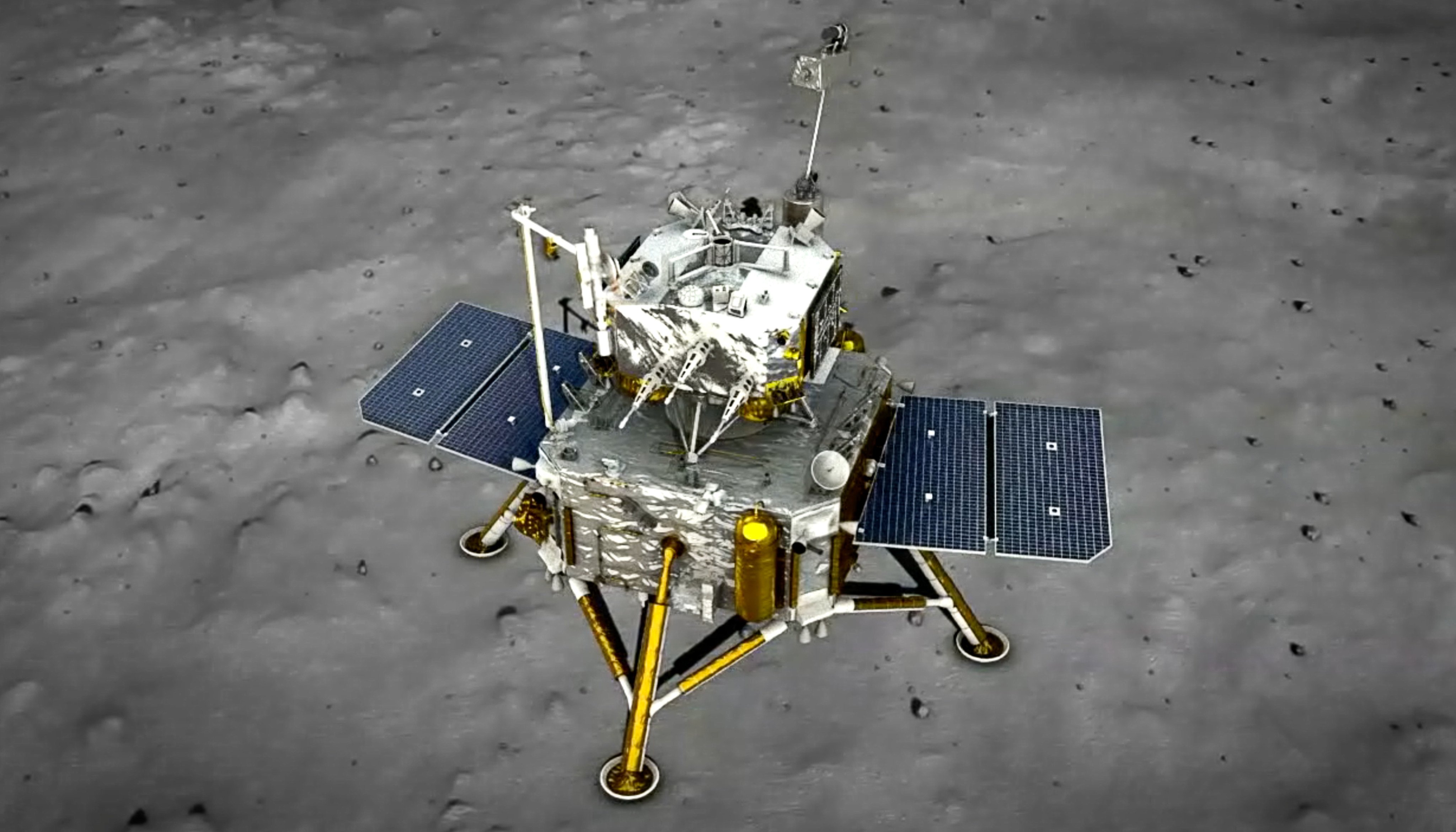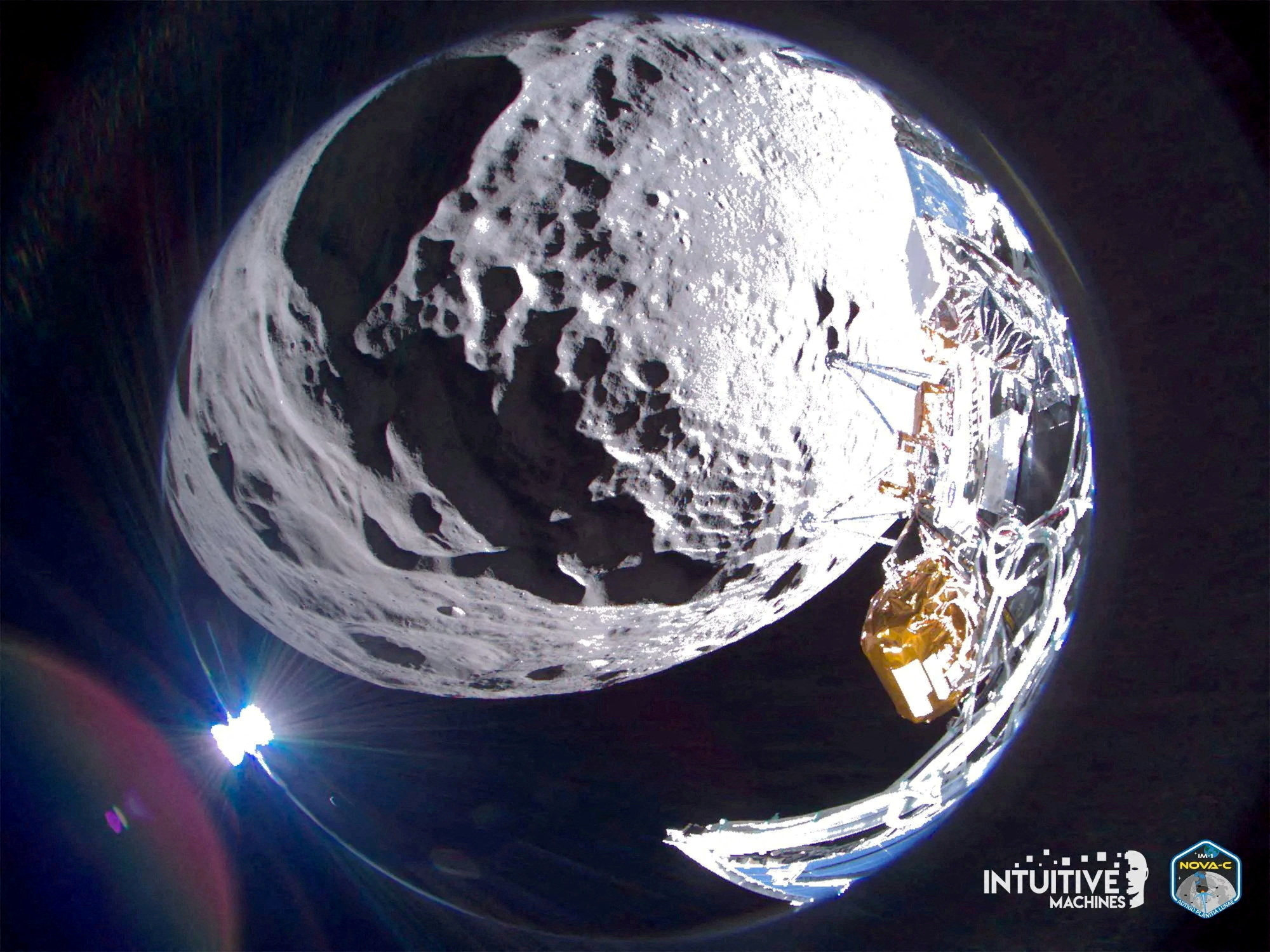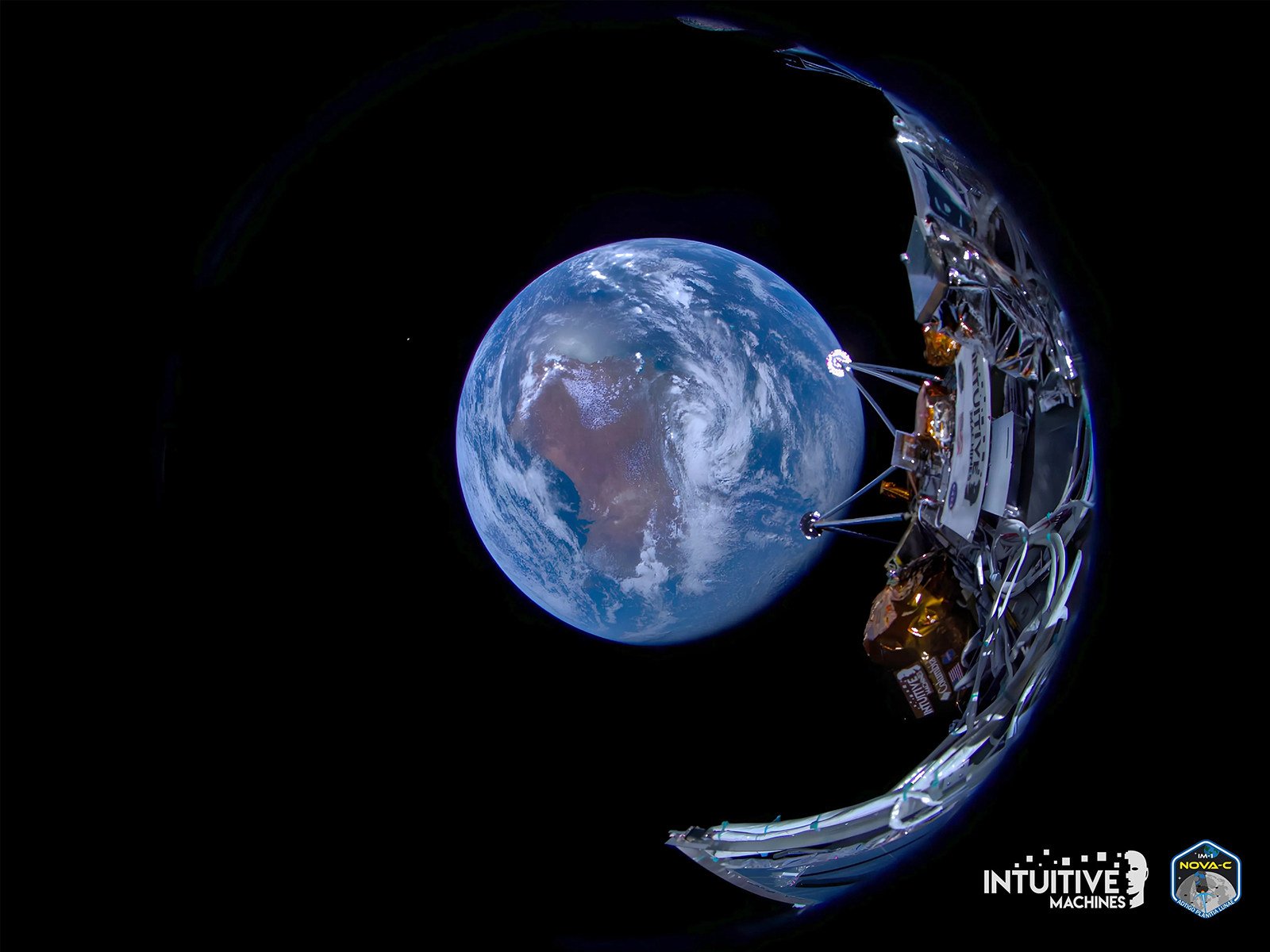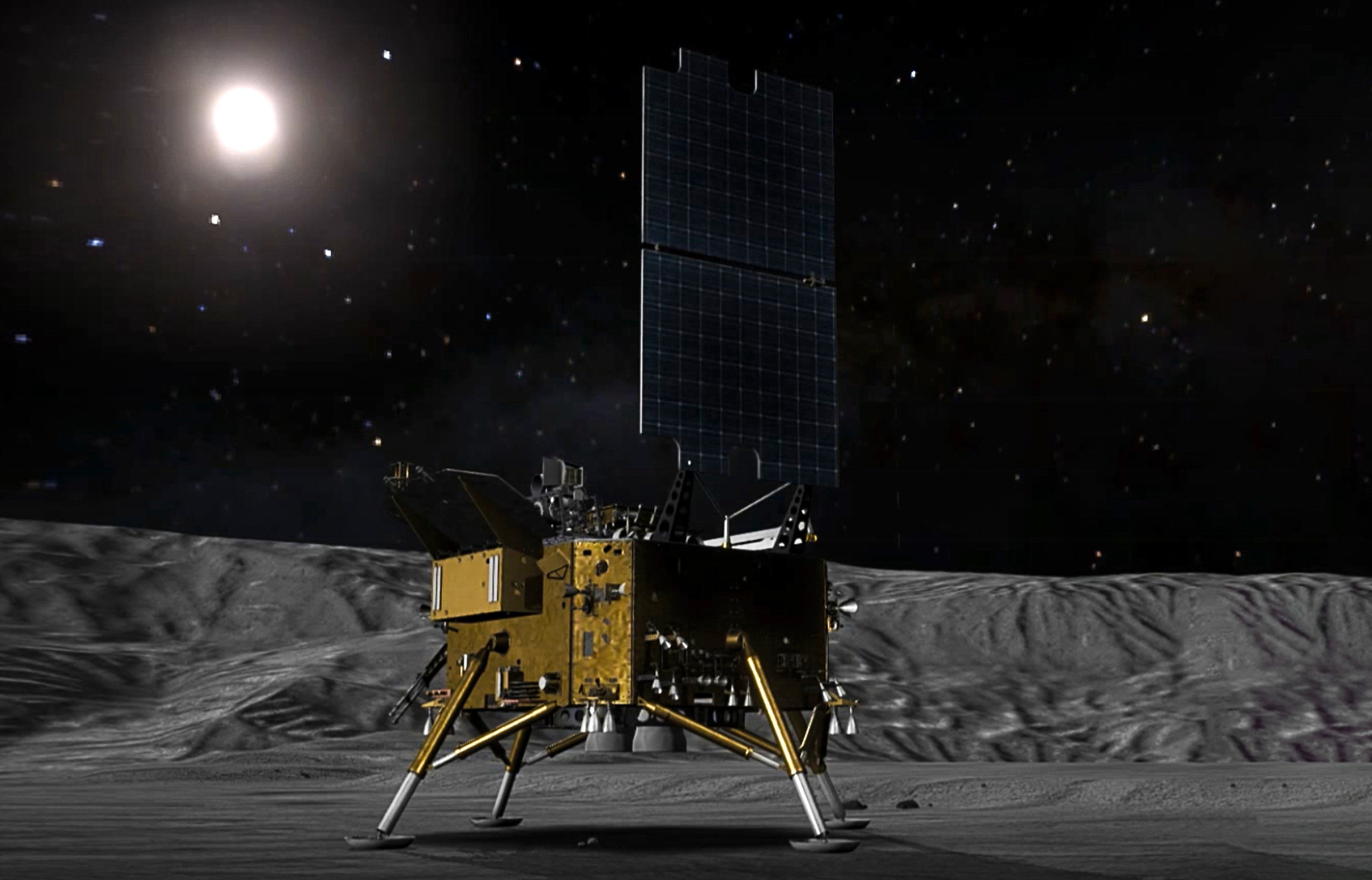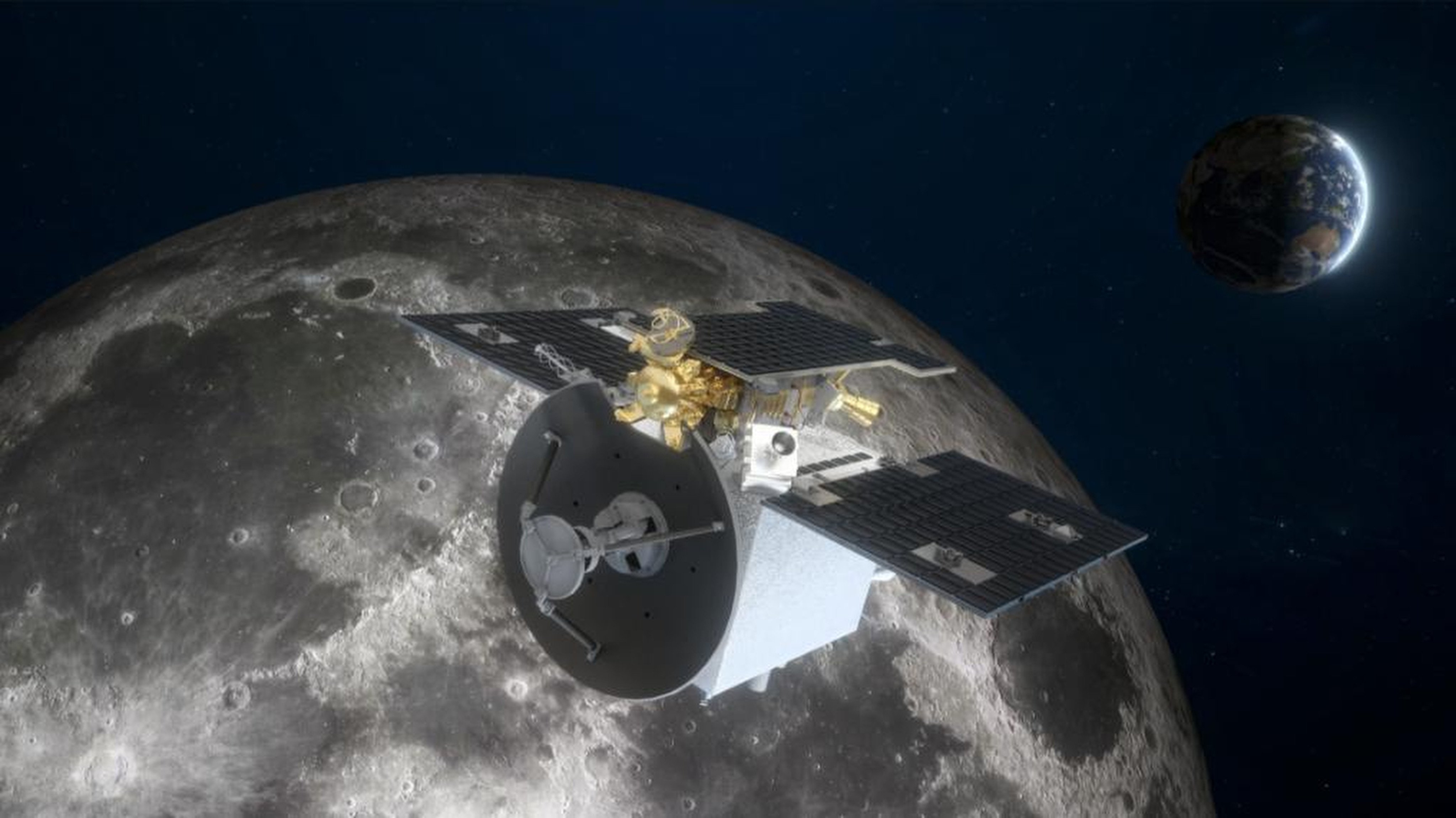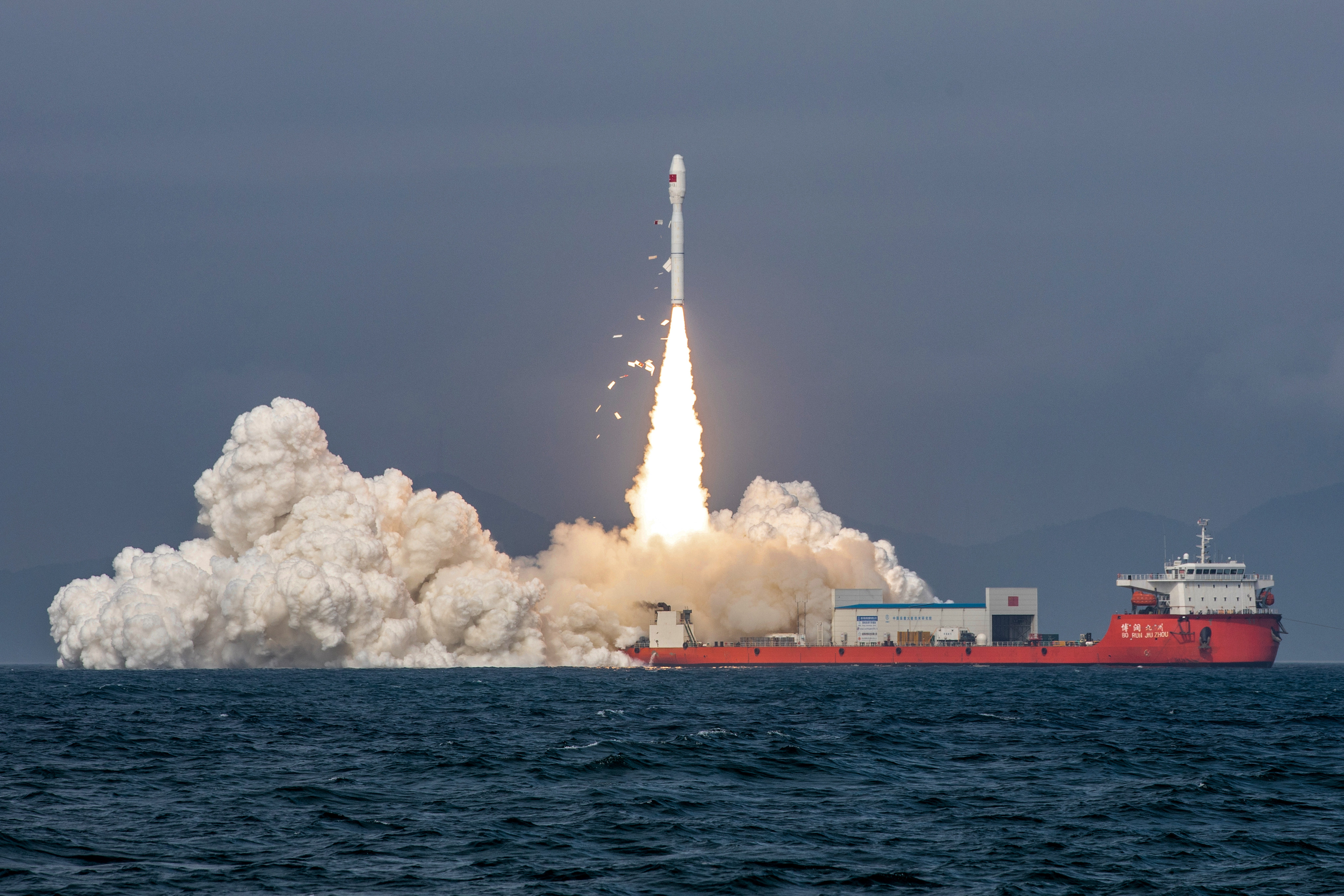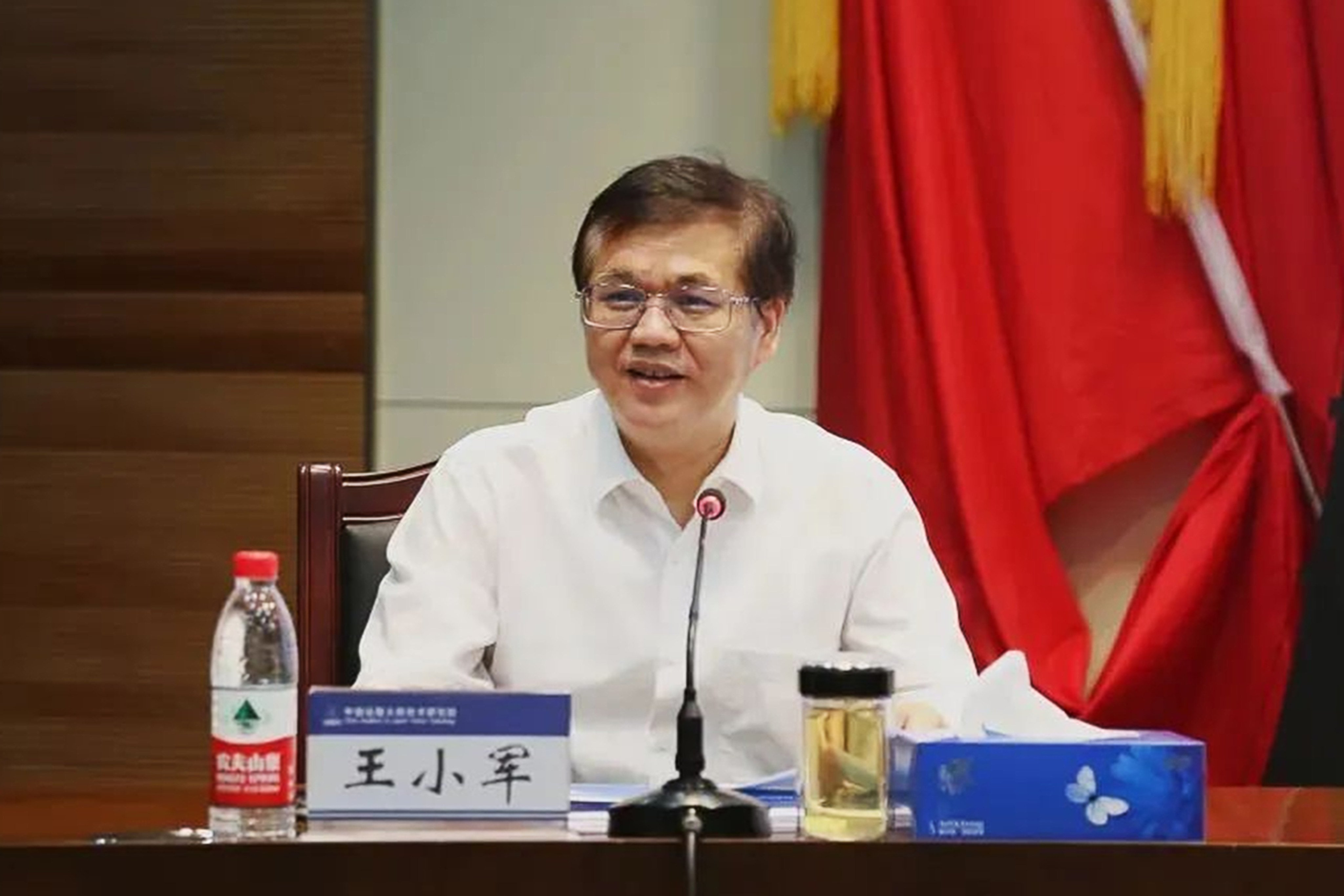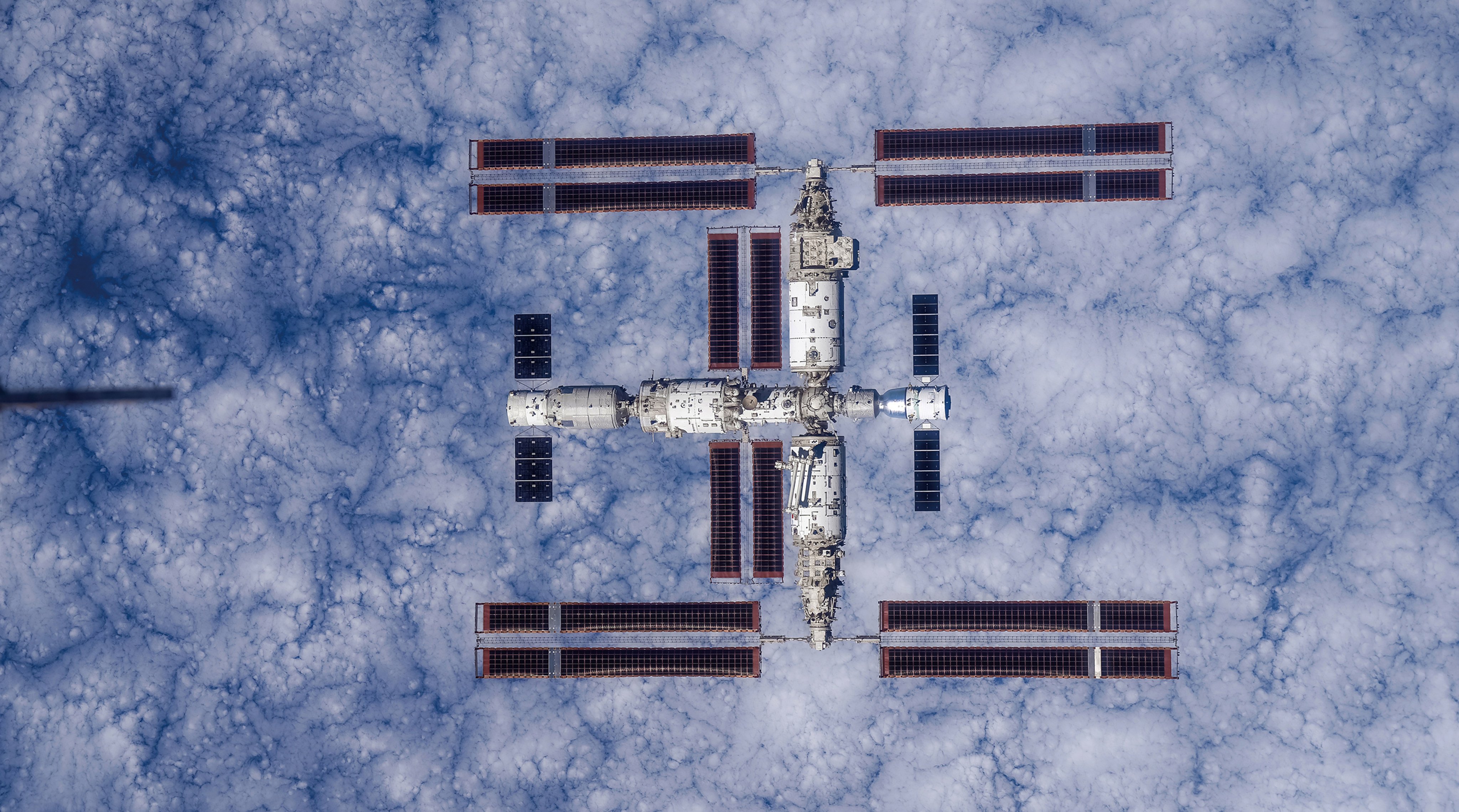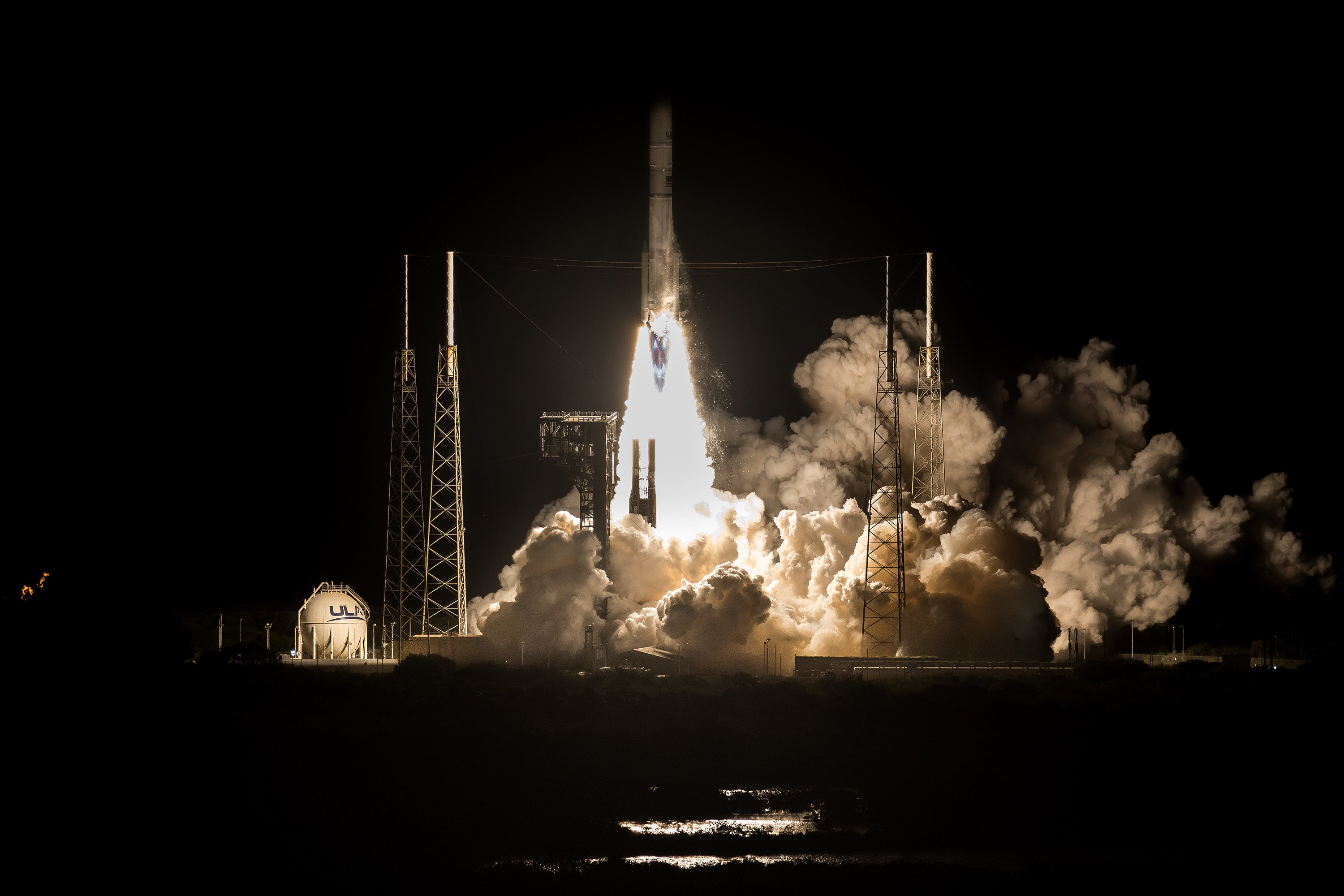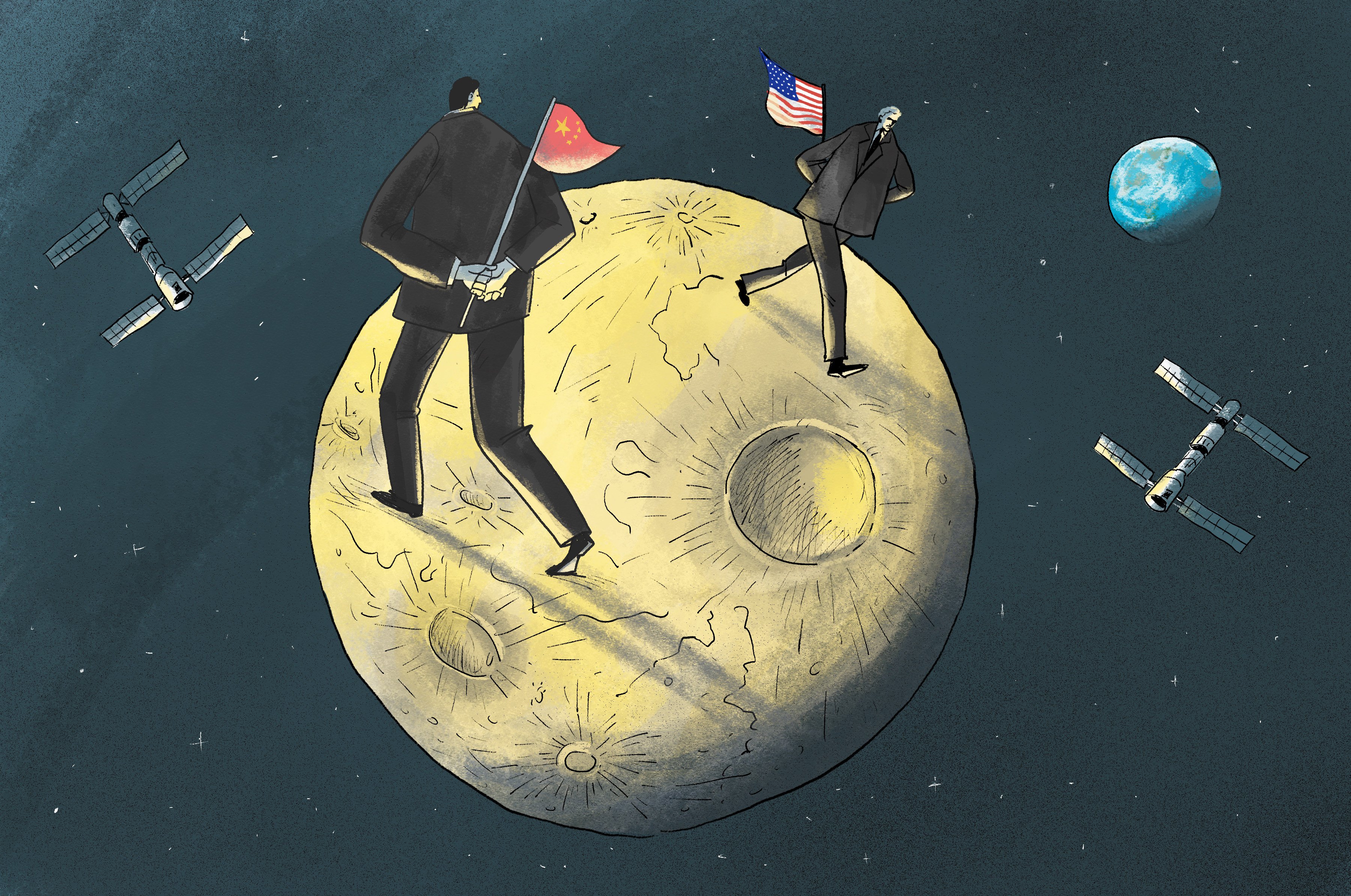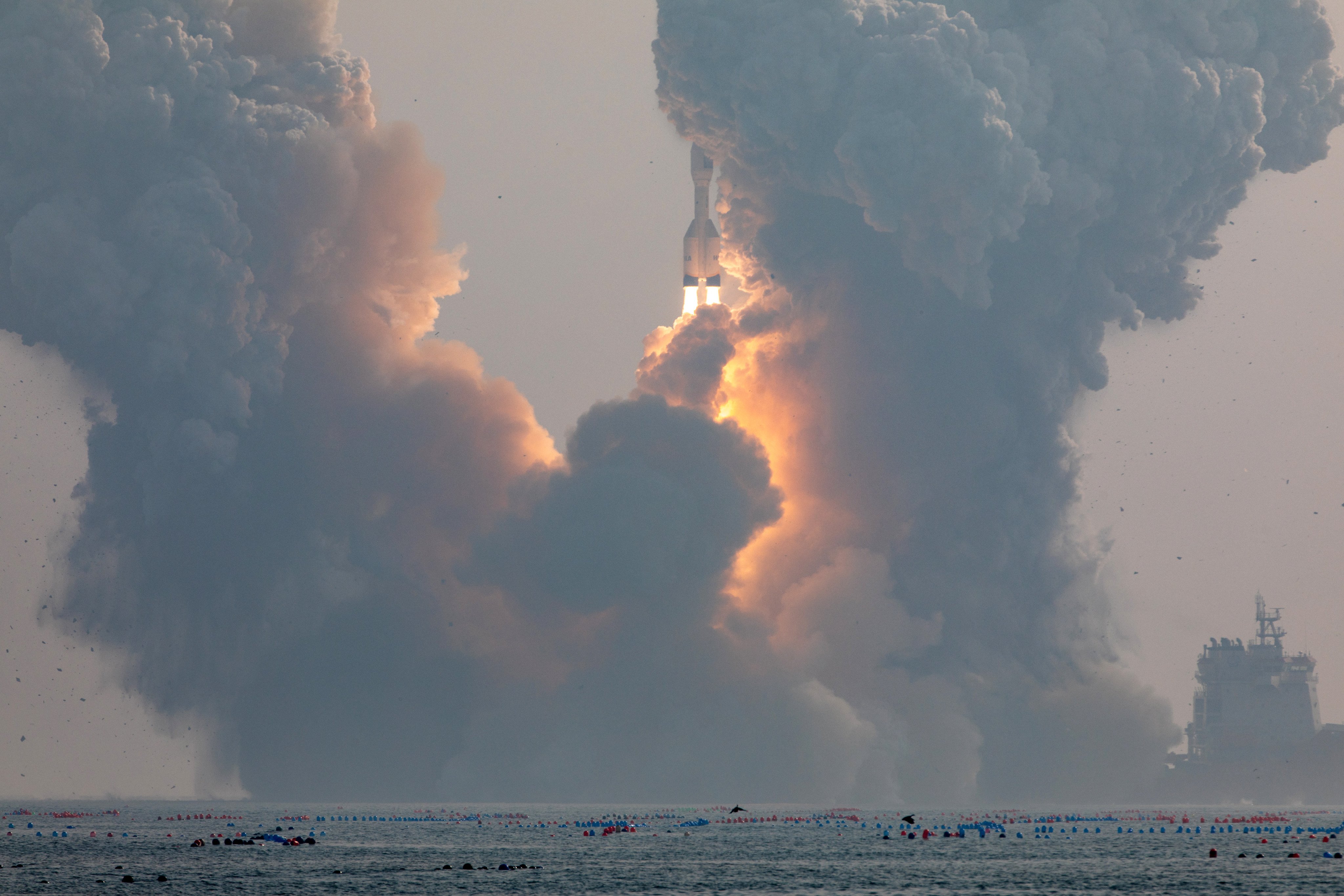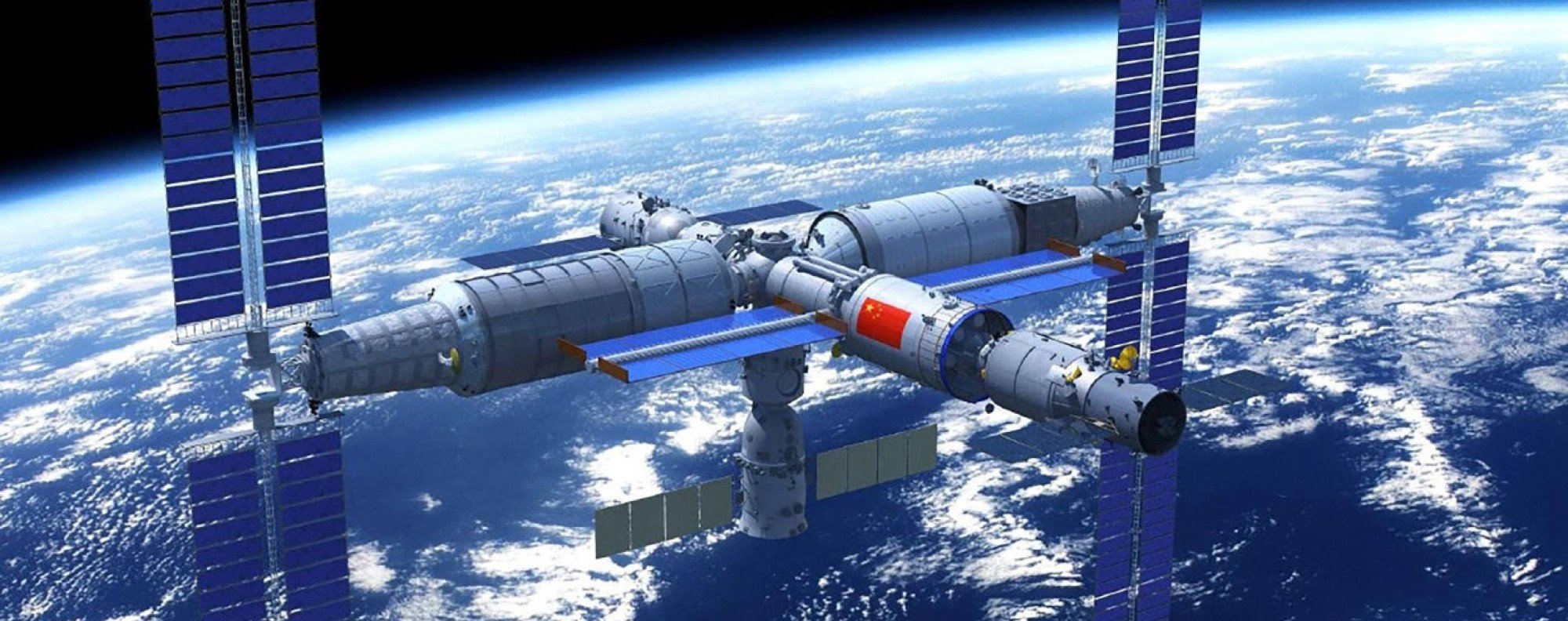
Topic
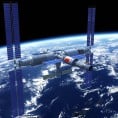
The China National Space Administration was founded more than 25 years ago and is overseeing an ambitious programme which includes deep space exploration, a manned space station, and cutting-edge advancements in technology, new materials, robotics and artificial intelligence.
The delegation’s journey has given the city a much-needed boost in scientific development and helped foster a greater sense of national identity and patriotism.
Individuals, corporations and nations grow in strength not by having an easy time but by confronting severe, even existential, challenges.
As India joins the elite landings club after Russian woe, more countries will be looking beyond the stars to fuel new and old rivalries.
- US Space Command chief Stephen Whiting says Beijing has contacted US about two space-related matters in past six months, according to news site
- ‘We think that is very positive and we would like to continue to build on that,’ Whiting says as the rivals restore defence talks
Turkey could play an influential role in the International Lunar Research Station, says space analyst.
The veteran aerospace engineer was described as a ‘hidden dragon’ at an awards ceremony hosted by the state broadcaster CCTV
Due to potential use in development of hypersonic weapons, Vulcan-CFD software is subject to export controls with distributions limited to within US.
Two new minerals have been identified by researchers analysing moon soil samples collected by the Chang’e 5 mission.
Queqiao-2 communication relay satellite arrived 440km above the moon’s surface early on Monday, says CNSA; state media says ‘work is under way to address’ DRO-A/B satellites that failed to reach their designated altitude after March 13 launch.
Soil samples brought to Earth by Chinese moon mission show unique mineral was likely produced in Aristarchus crater and ejected northward to sample site.
Queqiao-2 lifted off atop a Long March 8 rocket at 8.31am on Wednesday, along with smaller satellites Tiandu-1 and 2 that will orbit the moon to test and verify navigation and communications technologies.
‘The satellites have not been inserted into their designated orbit, and work is under way to address this problem,’ Chinese state media says.
It was a project that Nasa abandoned. Now China is determined to make electromagnetic hypersonic space launches a reality.
A CPPCC member has suggested the creation of an agency to coordinate information being gathered by the devices.
NPC deputy and spacecraft designer Sun Zezhou says key technologies needed for Tianwen-3 mission are ‘in place’ while the US Mars Sample Return programme is battling soaring costs.
Roscosmos space agency chief Yuri Borisov says the project, being considered for 2033-2035, could eventually allow the building of lunar settlements.
Chinese aerospace agencies outline how 600 million-camera Skynet inspires system to watch assets at lunar research station and track foreign visitors arriving on and leaving the moon.
Two members of the Shenzhou 17 crew leave the station for eight hours to finish repairs started in December.
Hao Jihua, a geochemistry professor at elite Chinese university after studies in US and France, was awarded FW Clarke Award. His areas of research, which include nutrient cycling in early Earth, origin of life and habitability of extraterrestrial oceans, are priorities for China
About 70 launches will be conducted by CASC and others will be commercial launches, according to annual blue book.
Odysseus is the first US spacecraft to land on the moon in more than 50 years, carrying experiments for Nasa, the main sponsor.
After the landing of the Odysseus on the moon, Chinese scientists will now use on-board cameras to study the Milky Way.
CNSA is looking for interested businesses, universities and research institutes to develop nine instruments for the 2028 expedition.
Two Tiandu experimental devices will be launched to verify the design of an orbiting relay station for exploration on the far side of the moon.
China Rocket sends nine satellites into orbit, propelled by a competitive business model.
Wang Xiaojun, who will be removed from country’s top advisory body, led development of Long March 7 rockets used to resupply Tiangong space station and launch satellites
Large-scale chip testing in orbit is crucial for the space ambitions of China, which believes its biggest competitive pressure no longer comes from Nasa but from private space companies.
Country that lands on moon first will be able to set precedent for whether later lunar activities are open or restricted, says House space panel chair.
Geopolitical rivals take competition to celestial heights, with satellite positioning and control of ideal routes between Earth and the moon at stake.
Chinese aerospace media reports Gravity-1 launch is ‘a significant advancement in the independent innovation of China’s commercial carrier rockets’.






